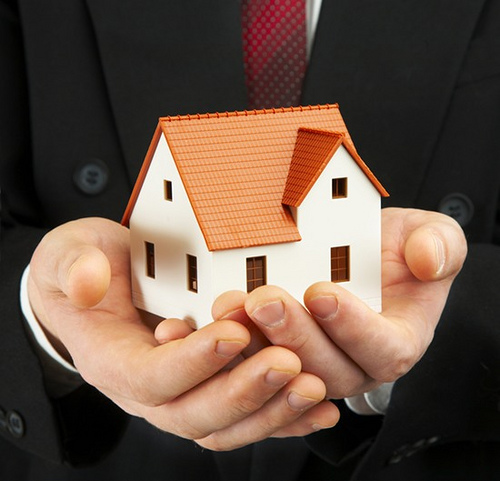Although the American dream to many means a big home with a white picket fence, parents these days need to consider all of the factors to go into being a homeowner. The last few years have taken a hit on the housing market, and while many areas have started to recover, many people still speculate whether purchasing a home is still a smart investment. If you’re unsure what to believe, take a look at the positives and negatives of owning a home.
Some People Don’t Believe It’s a Smart Investment
In 2012, home prices hit a new low, dropping 35 percent from their peak in 2006. While this is great news for buyers, it leaves investors wary, and now some people believe it’s losing its investment appeal. Why exactly is there so much negativity toward the housing market?
You Could End Up Paying More
If you step back for a few moments and calculate the cost of a home, mortgage interest rates included, compared to rent, you might find that renting a home is actually cheaper. Depending on your situation, buying a home could lead to less wealth in the long-run. This means less money to put your children through college and less for your retirement.
The Market Isn’t Always Favorable
One of the issues with the real estate market is that investors may see a rise for several years, offering great opportunities to profit from their investment, but it also goes the other way. If the market continues to decline and it hits a low right when you’re ready to sell, you may end up losing money. The issue here is that you either have to settle with the low price or wait–sometimes for years–until the price is right, yet some people don’t have the option to wait that long.
There Are More Costs Associated With Home Owning
Many types of investments don’t come with additional costs, but there’s virtually no way to avoid additional costs with owning a home. For example, you have to pay for repairs, upkeep, and insurance, whereas these costs don’t usually apply when you’re renting.
A Home Isn’t an Investment to Begin With
Some people argue that a home is an asset, not an investment since it doesn’t provide income. While some people rent out rooms or rent out second homes, the typical American family doesn’t make money off their property, which leaves people to wonder if you can even call it an investment.
Most People Think It Is a Smart Investment
Despite these arguments, 81 percent of adults still agree that buying a home is the best long-term investment says a 2011 study performed by Pew Research Center. But what exactly makes home owning a smart investment?
With Low Prices Today, There’s Hope For The Future
Perhaps now is the perfect time to buy a home since mortgage rates and property prices are low. Plus, there’s a tax advantage to owning your own home instead of renting. What’s more, the right homeowners insurance can add to your hope for the future by protecting your assets until you’re ready to sell. As a mom, it’s important to consider any factor that may affect your finances. Check out these homeowners insurance resources to learn more about protecting your investment.
Returns Are Generally Higher Than Other Investments
The Wall Street Journal reports that homeowners can expect their properties to appreciate around 3-5 percent each year. When compared to other long-term options, which might sit around 1 percent appreciation each year, it’s a better investment.
You Can Put a Price on a House, but Not a Home
Perhaps one of the most important aspects of investing in a home is not the returns you receive financially but the other things that come along with a home. Homeowners might look more toward the other benefits of owning a home, such as freedom with the property to remodel or garden or a more personal connection to their home. Many families still believe that the American Dream is an investment in itself.
Renting Isn’t An Investment, So Why Not Put Your Money Toward Owning a Home?
Renting may make sense in certain cases, but if you’re going to spend the money on living costs anyway, why not get something of value out of it? When you buy a home, you receive both a place to live and a possible profitable asset for your future.
Like any investment, the real estate market is a risky place to put your money, but it just might be the smartest.
Image courtesy of thinkpanama via Creative Commons license, some rights reserved.


